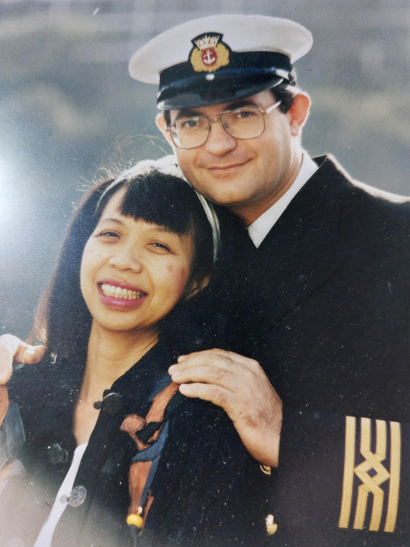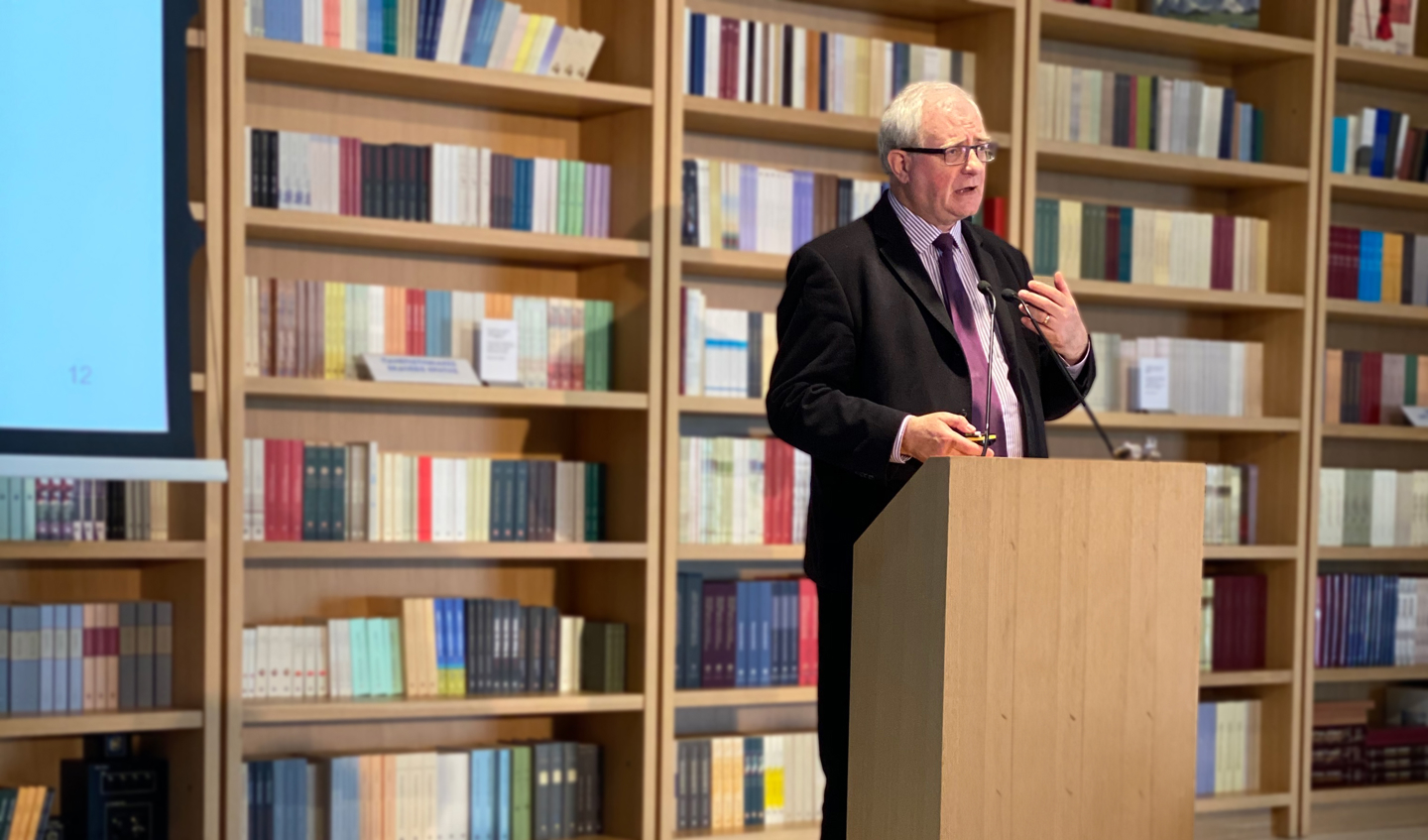Little did Tim Wilson know that when he joined LR in June 1995 he would be embarking on a career with the organisation that would span 29 years. His tenure has been marked by significant contributions to the maritime industry, particularly through his roles in LR’s Fuel Oil Bunker Analysis Advisory Service (FOBAS) team, which itself celebrates its 40-year anniversary this year.
Wilson’s passion for the sea was ignited during his youth near Marrakech, where, on beach trips, he often watched ships passing by the Atlantic coast. His career began with a hands-on education in marine engineering, which laid the foundation for his deep understanding of the maritime industry.
His early years at sea, starting in 1973 when he joined Ellerman City Liners as an engineering Cadet, were diverse and demanding, providing him with invaluable experience. Wilson progressed to the role of Chief Engineer on a very old passenger ship, MV Doulos, (built in 1914) operating for international faith-based floating book fair charity OM Ships International, which required great expertise to maintain and operate, often under challenging conditions. This practical experience proved crucial when he transitioned to LR, where he had to learn a new career onshore while adapting to a 9-to-5 job for the first time. “It was a hard adjustment for a mariner, as the world I was used to does not stop for the clock, the propellors are always turning,” reflects Wilson.
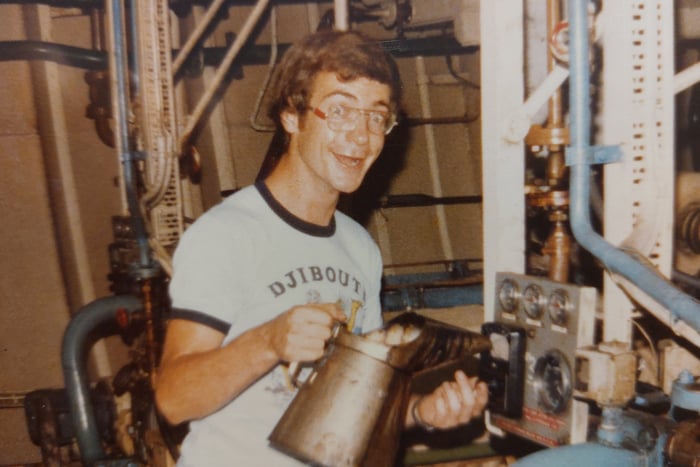
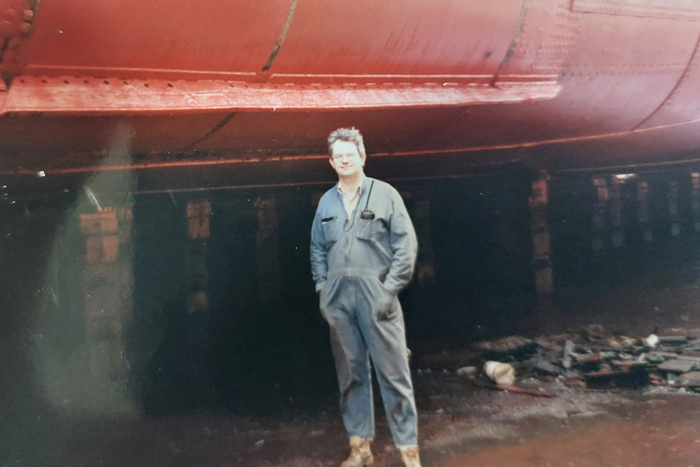
LR provided Wilson with the sponsorship for further studies to complete his degree at what is now Southampton Solent University. Formally joining the FOBAS team in 1995, Wilson quickly realised the scope and importance of his role. "It was a tough initial two-year learning curve,” he admits, but his dedication and adaptability saw him progress quickly. Wilson stressed the value of being open to continuous learning and offering support as a dedicated team: "The advisory role in LR is very rewarding because you have something to help clients with; you can address their questions and guide them through their problems, utilising LR’s vast network of expertise.”
"I've been involved in numerous incidents, from rescuing Vietnamese boat refugees, riding out violent seas, avoiding pirates and dealing with fuel crises. These experiences have taught me resilience and the importance of being prepared for unexpected challenges."
The evolution of FOBAS
FOBAS formally commenced operations in January 1983 and has since become synonymous with reliability in fuel testing. FOBAS has had a profound impact on the maritime industry over its 40-year history. Wilson highlights the importance of fuel testing for confirming compliance and quality assurance for safe operations. "Most major shipping lines now understand the risks of not testing their fuel. There is much greater awareness of its importance in effective onboard fuel management across the industry, in fact most ships will not use new bunkers until they have received the analysis reports from FOBAS to give the all clear.”
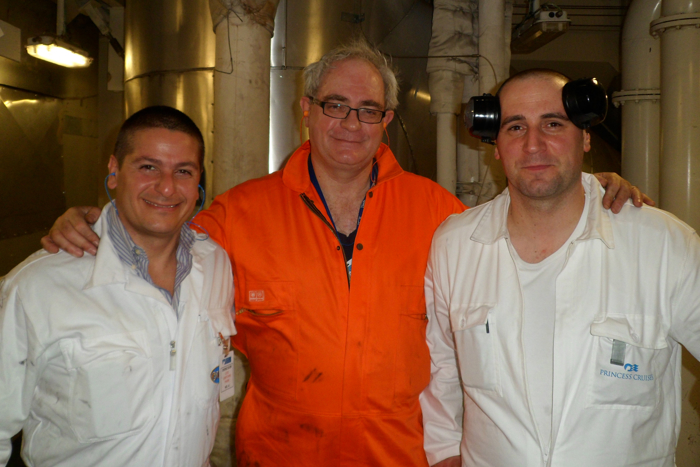
Reflecting on the evolution of the fuel testing landscape, Wilson notes: “It has become more complex, particularly with the introduction of sulphur regulations starting in 2005, and now the rapidly evolving demand to meet emission reduction targets leading to a rise in biofuel blends.
“The practicalities of test methodologies have evolved, but the core programme remains fundamentally unchanged. The major shift came in 2020 with significant changes in fuel composition, driven by new environmental regulations. Technology has of course played a pivotal role in enhancing communication and efficiency, transitioning from telex and faxes to instant email communication.”
The biggest challenges have often arisen from specific ports experiencing bad fuel batches, leading to widespread issues for multiple ships. Wilson recalls one significant instance in 2018 where over 100 ships were affected by poor-quality fuel from the US Gulf Coast. Incidents like this underscore the need for industry-wide collaboration, which is where the FOBAS team plays a crucial role in forums such as the ISO TC28/SC4/WG6 Committee and CIMAC Working Group 7, which address the revision of marine fuel standards and marine related technological industry challenges collectively
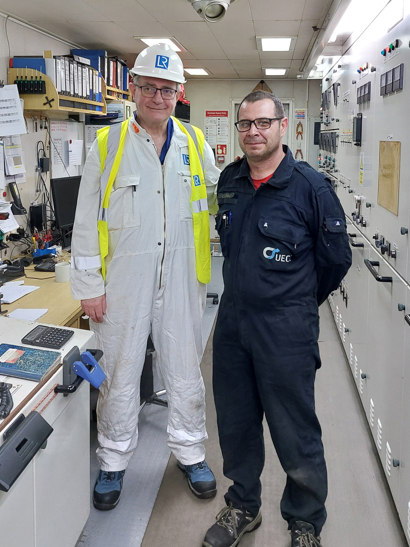
Innovative fuel blends
Looking to the future, Wilson discusses the transition to alternative fuels such as methanol, ammonia, hydrogen and, more immediately, biofuels: “The industry is grappling with the diversity of biofuels, with no single blend the same as another, and yet very much seen as the transitional 'drop-in’ fuel for conventional ships. How to approve these new fuels as suitable for use and integrate them safely into existing systems is the current challenge for the marine industry.”
Wilson also highlights the variety of novel fuels being explored, including cashew nut shell liquid, pyrolysis fuels and rubber seed oil. "There is a wide range of feedstocks from anything organic and renewable waste that can be turned into fuel. The challenge, however, is ensuring these fuels are safe and compatible with existing marine engines."
The potential for disruption in the marine fuel industry lies in the development and acceptance of these alternative fuels. Collaboration across the transport industry – land, aviation, and maritime is a must, Wilson insists, and will be required to optimise the best use of available resources.
Career reflections
One of Wilson’s most memorable experiences was his work with OM Ships International where he served as an engineer and chief engineer for 15 years, traveling the world and providing educational resources to underprivileged communities, sharing knowledge, help and hope. "Those years were incredibly fulfilling. We provided educational books to third world countries, aiding those in need and seeing the impact on local communities was profound."
Wilson’s career serves as an inspirational journey of dedication and resilience. His contributions have not only advanced the field of fuel testing but also supported the maritime industry as a whole.
Advice for the next generation
Wilson’ advice for those starting their careers in the maritime industry is rooted in a servant attitude, integrity and making excellence a habit. "Respect those around you, be willing to learn, and esteem others better than yourself. It's all about being part of a team and contributing positively, knowing that only together, much can be achieved " he says.
